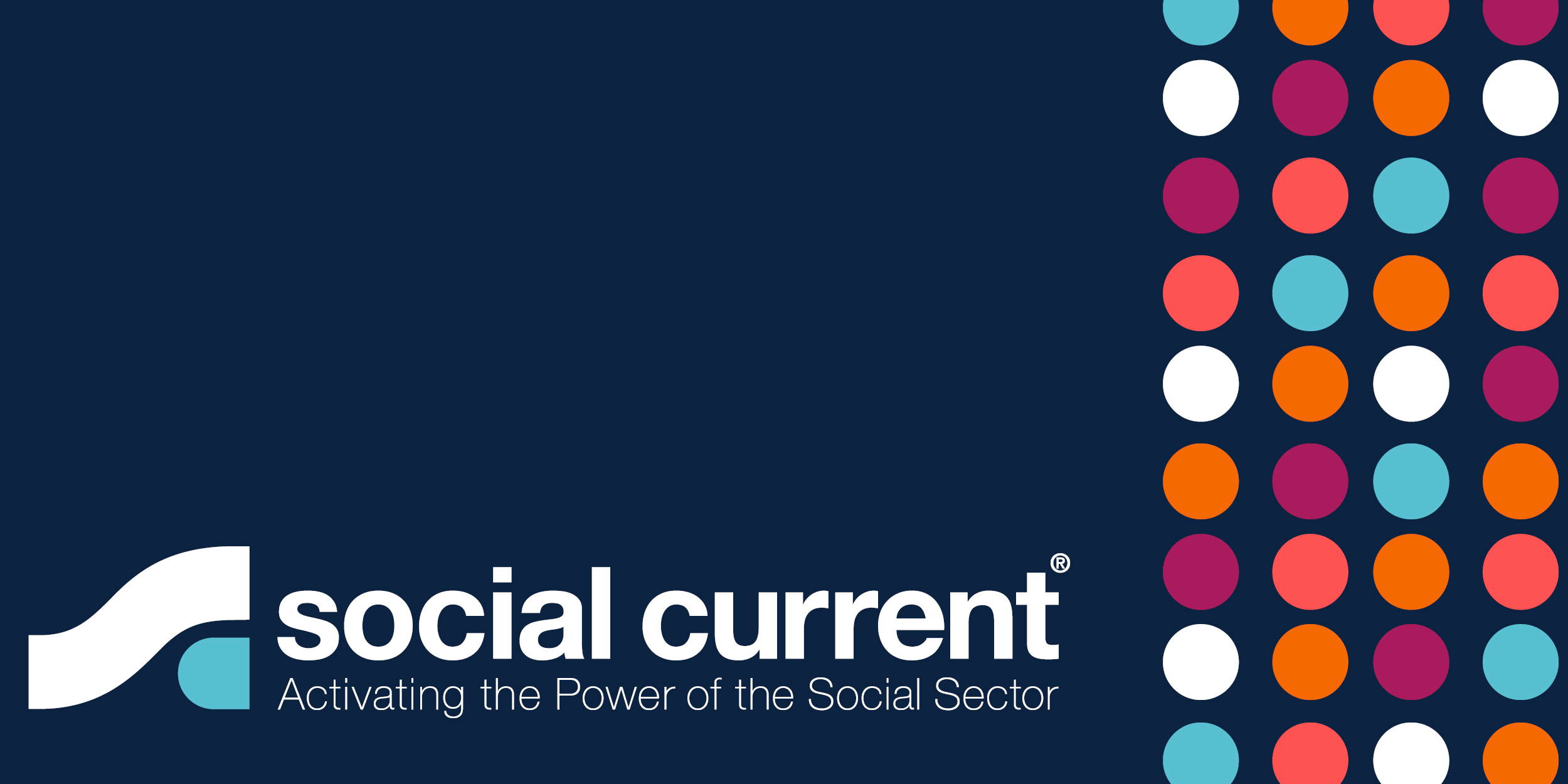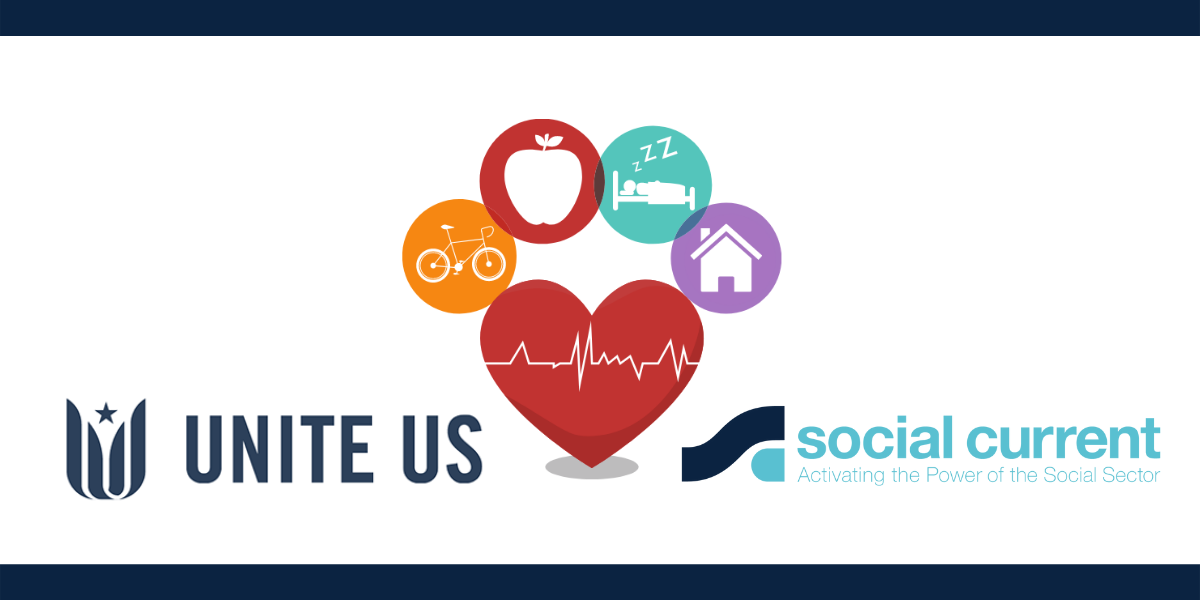Government Affairs and Advocacy
Nov. 20 Federal Update: Administration Introduces New Cross-Sector Initiatives to Tackle Social Determinants of Health
The Biden-Harris Administration is taking significant steps to bolster public health by addressing social determinants through a collaborative effort across multiple agencies. The U.S. Department of Health and Human Services (HHS), particularly the Centers for Medicare & Medicaid Services (CMS), is unveiling vital resources to streamline the coordination of health care, public health, and social services at the federal, state, and local levels.
The effort includes the introduction of the inaugural U.S. Playbook to Address Social Determinants of Health, underscoring the interdependence of health, secure housing, nutritious food, and unpolluted air. HHS Secretary Xavier Becerra said, “It is clear that the health of our people does not exist in a vacuum, but it is affected by our access to stable housing, healthy food, and clean air to breathe.”
Additionally, the administration is launching a Call to Action to Address Health Related Social Needs as well as a Medicaid and CHIP Health-Related Social Needs Framework. These resources offer guidance to states in structuring programs that tackle housing and nutritional deficiencies for vulnerable populations. The guidance advocates for collaborative efforts across sectors, engaging private health care, social services, public health, environmental agencies, government, and information technology, to cultivate a more integrated health and social care system.
This all-encompassing strategy aligns investments across diverse federal agencies, including the departments of Health and Human Services (HHS), Agriculture (USDA), Housing and Urban Development (HUD), Veterans Affairs (VA), the Environmental Protection Agency (EPA), and others, to fund local initiatives, empower communities, and enhance health outcomes. Rooted in the White House Challenge to End Hunger and Build Healthy Communities, this initiative aligns with the Biden-Harris Administration’s National Strategy on Hunger, Nutrition, and Health. The overarching objective is to establish fair, accessible, person-centered health and social care systems, irrespective of social circumstances, reinforcing the administration’s dedication to health equity and comprehensive well-being.
HHS Announces New Funding for Community Behavioral Health
As part of the Biden-Harris Administration’s commitment to address behavioral health challenges at the community level, the U.S. Department of Health and Human Services (HHS) and the Substance Abuse and Mental Health Services Administration (SAMHSA) have unveiled funding opportunities totaling $74.4 million. These grants are designed to proactively prevent substance use, addressing associated concerns in line with the administration’s efforts to combat the overdose epidemic and tackle the national mental health crisis.
In related remarks, Secretary Xavier Becerra of HHS underscored the promotion of positive outcomes and the advancement of health equity through the support of community-based behavioral health services. SAMHSA, led by Miriam E. Delphin-Rittmon, is dedicated to enhancing access to behavioral health care services nationwide. The funding empowers organizations to implement evidence-based strategies aimed at preventing and addressing substance misuse while also promoting mental health.
The announced funding opportunities include $30.4 million in grants for the Expansion and Sustainability of the Comprehensive Community Mental Health Services for Children with Serious Emotional Disturbances (CMHI) program. This initiative targets the enhancement of mental health outcomes for children and youth at risk of serious emotional trauma. Additionally, $13.1 million is earmarked for Tribal Behavioral Health to counteract suicidal behavior, substance use/misuse, overdose, and trauma among American Indian/Alaska Native youth. Two grants, $15.5 million each, are directed at state and community entities to mitigate substance misuse onset and progression by prioritizing prevention and mental health promotion services. This initiative aligns with the administration’s comprehensive mental health strategy and the National Drug Control Strategy, contributing to a holistic, whole-of-government approach to addressing the overdose epidemic and mental health crisis.
HUD Rolls Out Grants for Youth Experiencing Homelessness
The U.S. Department of Housing and Urban Development (HUD) introduced a comprehensive strategy to tackle homelessness, with a specific focus on youth, individuals in unsheltered environments, and those in rural areas. HUD has designated $50 million for Youth Homelessness System Improvement (YHSI) grants, which will benefit around 35 communities. The grants seek to bring about systemic changes that improve response systems for youth at risk or experiencing homelessness. Objectives include enhancing impact through Youth Action Boards, setting up regional committees to address youth homelessness across various systems, gathering and utilizing data on at-risk youth, nurturing community leaders, and refining coordination of homeless assistance projects.
According to HUD Secretary Marcia L. Fudge, “The Biden-Harris Administration is taking a whole-of-government approach toward ending homelessness. We encourage our state and local partners to join us in this critical effort and leverage unprecedented levels of federal resources and flexibilities available to address this crisis.” In addition to the YHSI grants, HUD is implementing a technical assistance strategy for 62 Continuum of Care communities and 139 Public Housing Authorities (PHAs). This strategy aims to improve program coordination, elevate leaders with lived experience, engage individuals in unsheltered and rural settings, and make permanent housing a reality with supportive services.
Family First Prevention Services Clearinghouse Posts New Ratings
The Family First Prevention Clearinghouse has posted new ratings for twelve prevention services. One was found to be “well-supported,” one was rated as “supported”, one as “promising”, and nine were rated as “does not currently meet criteria.” The programs included mental health, substance abuse, kinship navigator, and in-home parent skill-based services. So far, 160 programs and services have been reviewed, and 79 have been rated as promising, supported, or well-supported. The new ratings are:
- Autism Parent Navigators: “Does not currently meet criteria”
- Celebrating Families!™: “Does not currently meet criteria”
- Celebrating Families!™ 0 Thru 3 Years: “Does not currently meet criteria”
- e-Family Foundations: “Does not currently meet criteria”
- Family Foundations: “Well-supported”
- FF@Home: “Does not currently meet criteria”
- Maternal Early Childhood Sustained Home-visiting®: “Supported”
- Parent-Child Assistance Program: “Does not currently meet criteria”
- Parent-Child Care: “Promising”
- Strong Foundations: “Does not currently meet criteria”
- Wellbriety & Celebrating Families!™: “Does not currently meet criteria”
- Washington State Kinship Navigator Program: “Does not currently meet criteria”
Subscribe to the Policy and Advocacy Radar to receive our biweekly policy roundup, which includes commentary on issues in Social Current’s federal policy agenda, opportunities to take action, and curated news and opportunities.



